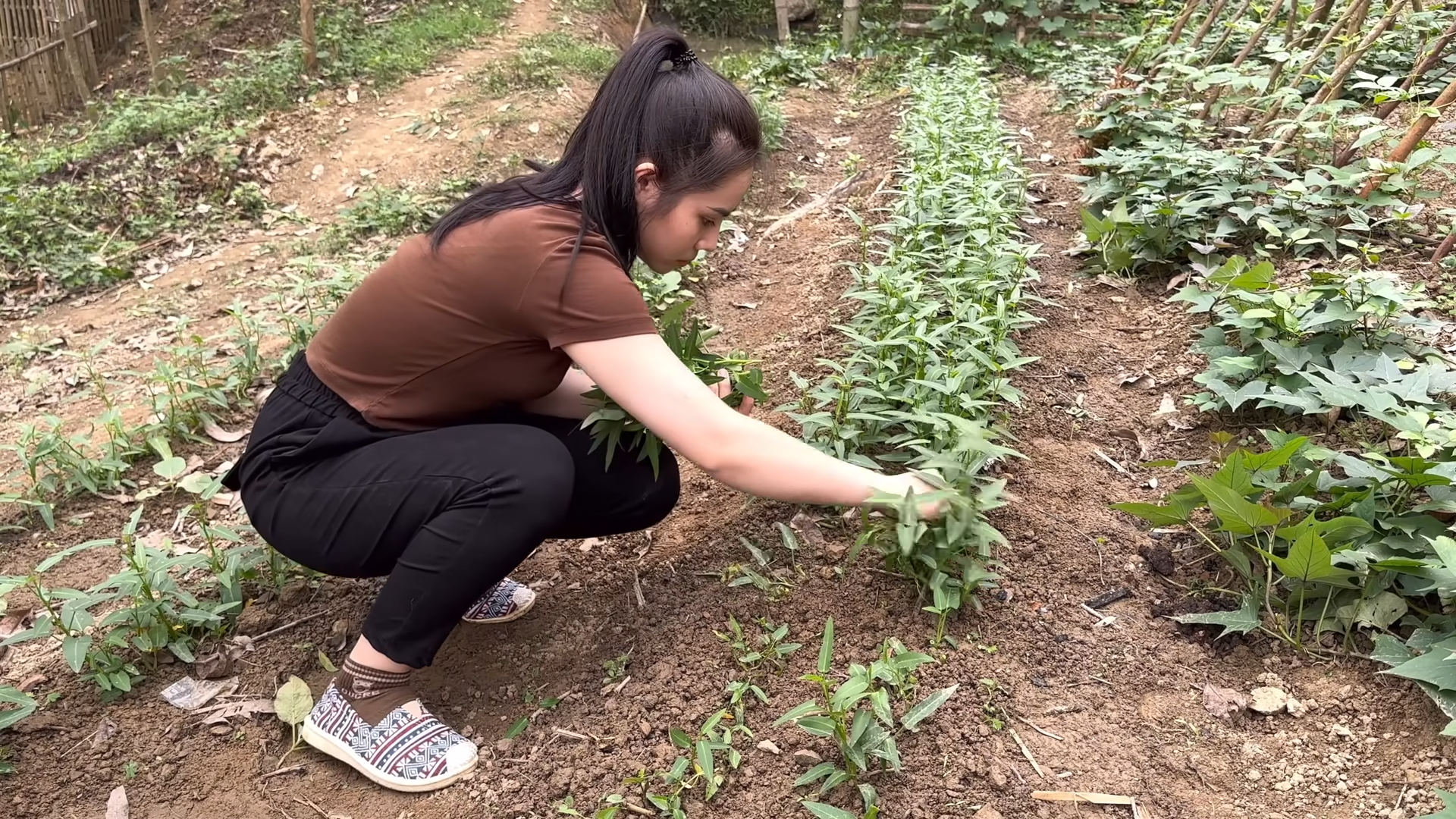Gardening therapy harnesses the therapeutic power of nature to foster personal growth and inner peace. This practice involves cultivating plants and tending to gardens as a means of promoting physical, mental, and emotional well-being. Engaging in gardening activities allows individuals to reconnect with the natural world, promoting a sense of mindfulness and relaxation. Whether planting seeds, nurturing plants, or simply being amidst greenery, gardening offers a serene escape from the stresses of daily life.
The act of gardening promotes physical health through gentle exercise and outdoor activity. Tasks such as digging, planting, and watering plants contribute to increased physical movement and coordination. These activities not only enhance muscle tone and flexibility but also provide a refreshing alternative to sedentary routines. Gardening is particularly beneficial for individuals seeking a low-impact form of exercise that integrates wellness with the enjoyment of nature’s beauty.
Beyond physical benefits, gardening therapy nurtures mental well-being by reducing stress and anxiety levels. The rhythmic tasks of gardening, such as weeding or pruning, promote relaxation and mindfulness. Working in a garden encourages focus on the present moment, helping individuals to unwind and alleviate mental fatigue. The therapeutic aspects of gardening extend to improving mood and fostering a sense of accomplishment, as nurturing plants and witnessing their growth can be deeply rewarding on an emotional level.
Connecting with Nature for Inner Peace
Gardening therapy harnesses the therapeutic power of nature to foster personal growth and inner peace. This practice involves cultivating plants and tending to gardens as a means of promoting physical, mental, and emotional well-being. Engaging in gardening activities allows individuals to reconnect with the natural world, promoting a sense of mindfulness and relaxation. Whether planting seeds, nurturing plants, or simply being amidst greenery, gardening offers a serene escape from the stresses of daily life.
Reconnecting with Nature
Gardening therapy provides a powerful means to reconnect with nature, fostering personal growth and inner peace. By cultivating plants and nurturing gardens, individuals engage in activities that promote physical, mental, and emotional well-being. This connection with the natural world promotes mindfulness and relaxation, offering a serene escape from the daily stresses of life. Whether planting seeds, tending to plants, or simply enjoying the greenery, gardening facilitates a deeper appreciation of nature’s calming influence.
Promoting Mindfulness
Engaging in gardening activities encourages mindfulness by focusing attention on the present moment. Tasks such as planting, weeding, or pruning require concentration, allowing individuals to immerse themselves fully in the therapeutic process. This mindful approach to gardening not only reduces stress levels but also enhances mental clarity and emotional stability. The rhythmic nature of gardening tasks promotes a sense of tranquility, providing a valuable opportunity to unwind and recharge amidst the beauty of nature.
Physical Benefits of Gardening
The act of gardening promotes physical health through gentle exercise and outdoor activity. Tasks such as digging, planting, and watering plants contribute to increased physical movement and coordination. These activities not only enhance muscle tone and flexibility but also provide a refreshing alternative to sedentary routines. Gardening is particularly beneficial for individuals seeking a low-impact form of exercise that integrates wellness with the enjoyment of nature’s beauty.
Enhanced Physical Fitness
Gardening promotes physical health through gentle yet effective exercise. Activities such as digging, planting, and watering plants require various movements that contribute to increased physical movement and coordination. These tasks help enhance muscle tone, improve flexibility, and maintain overall fitness levels. Gardening offers a refreshing alternative to sedentary lifestyles, making it an ideal choice for individuals seeking a low-impact form of exercise that integrates wellness with the beauty of nature.
Outdoor Activity and Well-Being
Engaging in gardening provides an opportunity for outdoor activity, which is essential for overall well-being. The exposure to natural sunlight during gardening activities supports vitamin D production, crucial for bone health and immune function. Being outdoors also promotes mental and emotional wellness, reducing stress and boosting mood. Gardening not only supports physical fitness but also enriches the experience through a connection with nature, making it a fulfilling and beneficial activity for individuals of all ages.
Enhancing Mental Well-Being
Beyond physical benefits, gardening therapy nurtures mental well-being by reducing stress and anxiety levels. The rhythmic tasks of gardening, such as weeding or pruning, promote relaxation and mindfulness. Working in a garden encourages focus on the present moment, helping individuals to unwind and alleviate mental fatigue. The therapeutic aspects of gardening extend to improving mood and fostering a sense of accomplishment, as nurturing plants and witnessing their growth can be deeply rewarding on an emotional level.
Conclusion: Embracing Wellness Through Gardening
Gardening therapy harnesses the therapeutic power of nature to foster personal growth and inner peace. This holistic practice not only promotes physical health through gentle exercise and outdoor activity but also nurtures mental well-being by reducing stress and anxiety levels. Engaging in gardening allows individuals to reconnect with the natural world, fostering mindfulness and relaxation. Whether cultivating plants or enjoying the serenity of green spaces, gardening offers a profound escape from the hustle of modern life. Embracing gardening as a therapeutic tool can lead to a healthier, more balanced lifestyle, enhancing both physical vitality and emotional well-being. (ds)








